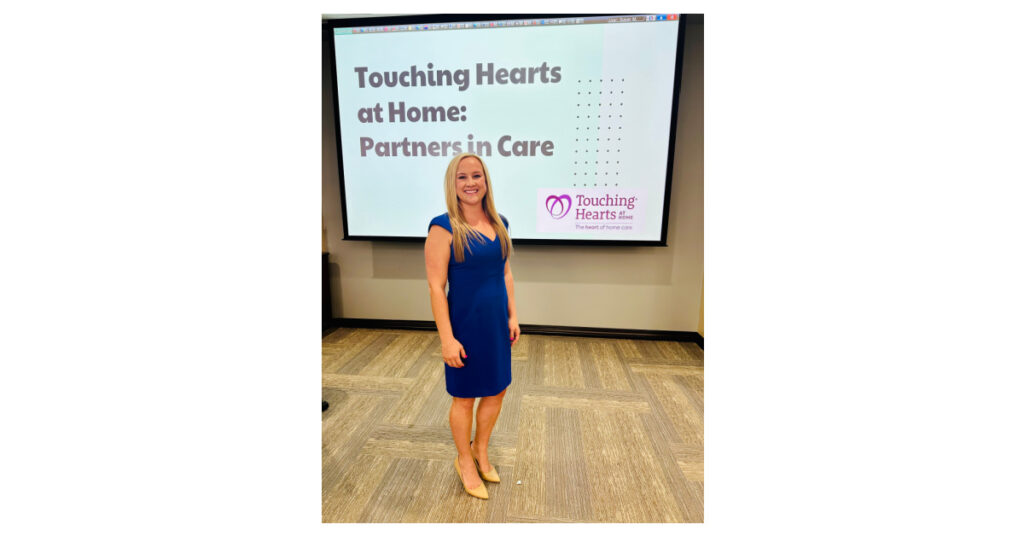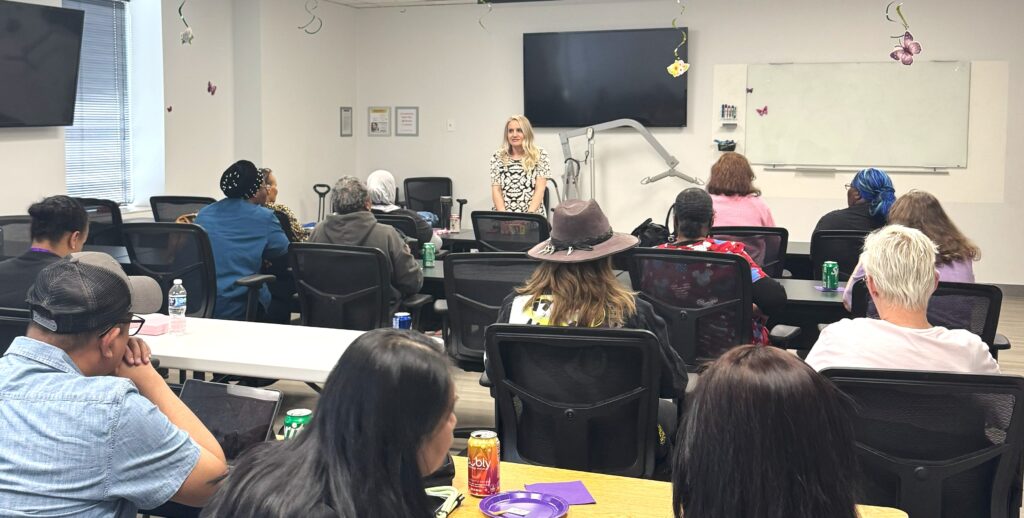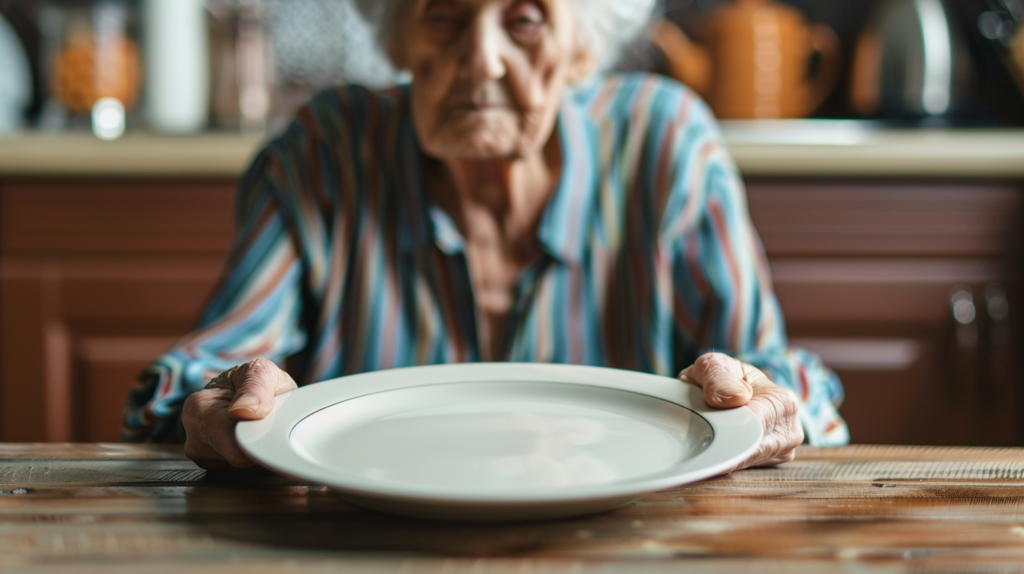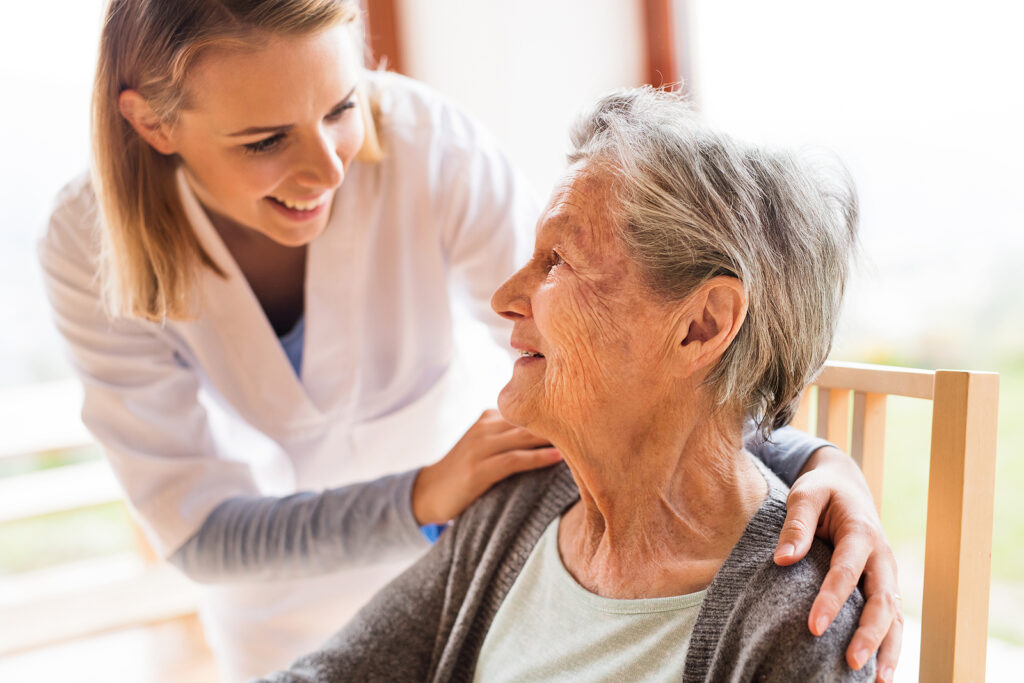Taste Disorders
If a person loses some or all of their sense of taste, there are things that you can do to assist with making their food taste better (if they approve and it is within their dietary recommendations):
- Prepare foods with a variety of colors and textures.
- Use aromatic herbs and hot spices to add more flavor; however, avoid adding more sugar or salt to foods.
- Add small amounts of cheese, bacon bits, butter, olive oil, or toasted nuts on vegetables.
- Avoid combination dishes, such as casseroles, that can hide individual flavors and dilute taste.
Can taste disorders be treated?
Many types of taste disorders are curable. For those that are not, counseling is available to help people adjust to their problem.
Diagnosis by an otolaryngologist is important to identify and treat the underlying cause of your disorder. If a certain medication is the cause, stopping or changing your medicine may help eliminate the problem. (Do not stop taking your medications unless directed by your doctor, however.) Some people, notably those with respiratory infections or allergies, regain their sense of taste when these conditions are resolved. Often, the correction of a general medical problem also can correct the loss of taste. Occasionally, a person may recover his or her sense of taste spontaneously. Proper oral hygiene is important to regaining and maintaining a well-functioning sense of taste.
Where can I find more information?
The NIDCD maintains a directory of organizations that can answer questions and provide printed or electronic information about hearing, balance, smell, taste, voice, speech, and language. This directory is available at www.nidcd.nih.gov/directory.
You may also like:
How Companion Care at Home Brings Comfort During National Osteoporosis Awareness Month
Companion Care at Home in Centennial CO: Companion care at home helps seniors with osteoporosis stay active and safe.
Elevating Care: The Impact of Ongoing Training at Touching Hearts at Home
At Touching Hearts at Home, we understand that caregiving is both an art and a science, requiring continuous learning and…
6 Signs Your Senior May Need Home Care Assistance
Home Care Assistance in Castle Pines CO: Here are six signs that your senior loved one may be struggling to…
Overcoming Mobility Challenges with Parkinson’s Disease
In-Home Parkinson's Care in Centennial CO: In-home Parkinson's care helps seniors manage mobility challenges and maintain independence.
Preparing for the Future with Advanced Directives
Planning for the future can bring peace of mind to seniors and their families. One way to ensure that personal…
What is the Difference Between Home Care and Home Health Care?
When seeking in-home support for a loved one, it’s crucial to understand the distinction between home care and home health…
Honoring Social Workers in Denver
March is Social Work Month! This year’s theme, “Social Work: Compassion + Action,” highlights the incredible impact social workers have…
Save Your Vision Month: Recognizing the Signs of Vision Loss in Seniors
Vision changes are a natural part of aging, but some seniors experience more serious vision reduction or even complete vision…










